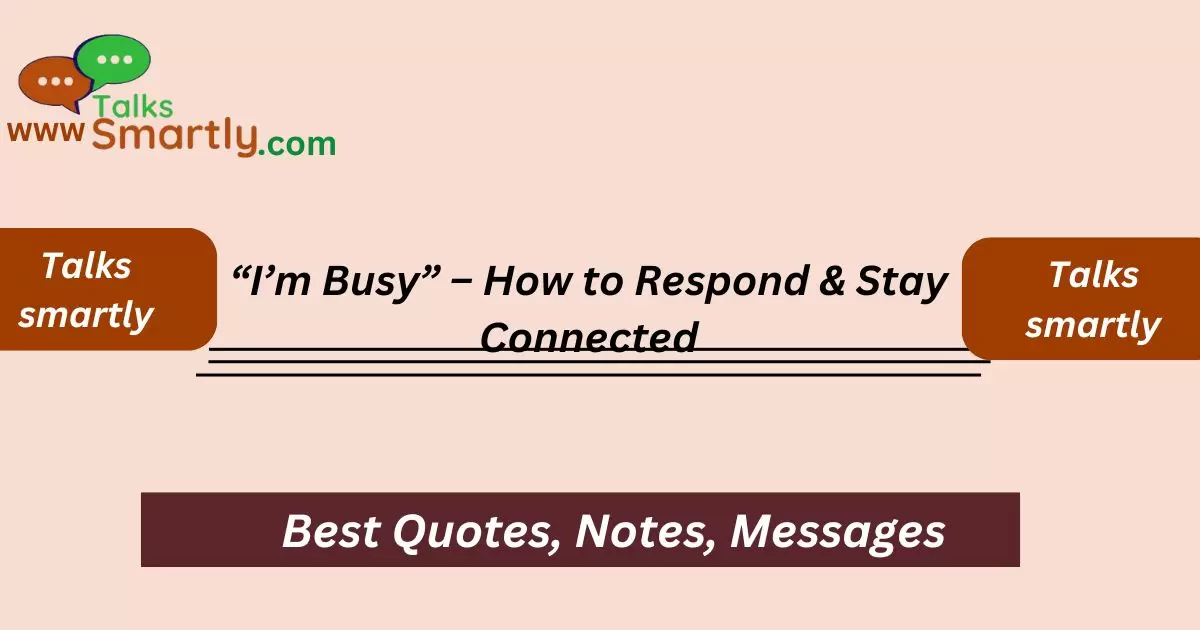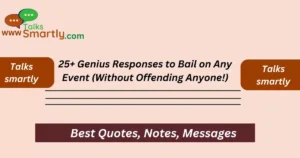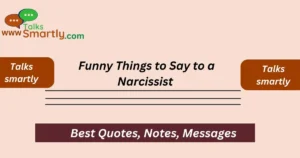Introduction
“When someone says ‘I’m busy,’ respond with understanding: ‘No problem! Let’s catch up when you’re free.’ It keeps the connection open while respecting their time.”
In today’s hectic world, navigating conversations when someone says “I’m busy” is essential for maintaining meaningful connections. This article explores effective ways to respond to such situations while keeping relationships strong and communication open.
Learn practical strategies to stay connected despite busy schedules and strengthen your relationships.
“I’m Busy” – How to Respond & Stay Connected provides insights into acknowledging others’ busy schedules empathetically, offering support, and suggesting ways to maintain communication and respect boundaries. It aims to equip readers with actionable tips to nurture
Acknowledge Their Situation

When someone tells you they’re busy, the first step is to acknowledge their situation. Recognizing their workload or commitments demonstrates empathy and understanding, which strengthens your relationship.
For example, if your friend Emily apologizes for not returning your calls because of a tight project deadline, you could respond, “I understand you’re swamped with work right now. Deadlines can be really stressful.”
Acknowledging their situation shows that you respect their time and the challenges they face, fostering a sense of support and connection.
Offer Support
Offering support can be a significant gesture when someone is busy. It shows that you care about their well-being and are willing to help them manage their stress.
For instance, if your colleague John mentions he’s overwhelmed with a project, you might say, “I know you have a lot on your plate right now. Is there anything I can do to help? Maybe I could assist with some of the tasks or handle something minor for you.”
This approach not only offers practical help but also reinforces your commitment to maintaining a supportive relationship, even during busy times.
Suggest a Catch-Up

Suggesting a catch-up, even if brief, signals your interest in maintaining the relationship despite busy schedules. It’s important to be flexible and considerate of their time.
For example, if your friend Lisa says she’s been too busy to hang out, you could propose, “I know you’re really busy, but how about we grab a quick coffee this Saturday morning? Even a short catch-up would be great.”
This suggestion shows that you value the relationship and are willing to adapt to their schedule, keeping the connection alive.
Keep the Communication Open
Maintaining open communication is key to staying connected. Even when someone is busy, sending brief messages or updates shows that you care and keeps the lines of communication open.
For instance, if your cousin Mike has been too busy to chat, you could send a quick text, “Hey Mike, I know you’re super busy, but just wanted to check in and see how you’re doing. No need to reply immediately, just thinking of you.”
This approach ensures that the person feels remembered and valued, without adding pressure to respond immediately.
Respect Their Boundaries
Respecting boundaries is essential when someone tells you they’re busy. It shows that you understand their need for space and time to focus on their commitments.
For example, if your friend Sarah declines your invitation to hang out because of work, you might respond, “I completely understand, Sarah. Work can be really demanding. Let’s catch up when things calm down for you.”
By respecting their boundaries, you demonstrate that you value their needs and are considerate of their time, which helps maintain a healthy relationship.
Plan a Low-Key Activity
Suggesting low-key activities can accommodate busy schedules while still providing an opportunity to connect. Activities that don’t require a significant time commitment can be more appealing to someone who is busy.
For instance, you could propose to your busy friend Alex, “How about we go for a quick walk in the park during your lunch break? It’ll be a nice way to catch up without taking too much of your time.”
Low-key activities show that you’re mindful of their limited availability and are finding ways to connect that fit into their busy life.
By implementing these strategies, you can effectively respond to “I’m busy” in a way that maintains connections and supports your relationships. It’s about balancing empathy, flexibility, and proactive communication to ensure that your relationships remain strong, even when life gets hectic.
Snappy Comebacks for When Someone Calls You “Old”
Understanding the Busy Signal: Why People Say “I’m Busy”

Understanding why people say “I’m busy” helps in responding appropriately. Often, this phrase reflects a genuine overload of commitments, stress, or the need for personal space. Recognizing these underlying reasons can guide you in providing the right support and maintaining the connection.
Effective Ways to Respond to “I’m Busy” Without Feeling Disconnected
Responding to “I’m busy” effectively involves showing empathy and offering support without feeling disconnected. This might include understanding their workload, sending supportive messages, and suggesting alternative ways to stay connected.
Maintaining Communication Despite Busy Schedules: Strategies That Work
Maintaining communication despite busy schedules requires strategic efforts like scheduling regular check-ins, using technology for brief updates, and finding flexible ways to connect. These strategies ensure that your relationship remains strong, even with limited time.
Building Resilient Relationships: Nurturing Connections Amidst Busy Lives
Building resilient relationships involves mutual understanding, flexibility, and consistent efforts to stay connected. It’s about finding ways to nurture the relationship despite busy lives, ensuring that both parties feel valued and supported.
Navigating Professional and Personal Boundaries When Responding to “I’m Busy”
Navigating boundaries involves respecting professional commitments and personal priorities while finding moments to connect meaningfully. It’s about balancing your desire to stay connected with their need for space and time.
Conclusion
Navigating the phrase “I’m busy” requires a blend of empathy, flexibility, and proactive communication. By acknowledging others’ situations, offering support, respecting boundaries, and finding creative ways to stay connected, you can maintain strong relationships despite busy schedules.
These strategies not only foster resilient relationships but also enrich your personal and professional connections, ensuring that busyness doesn’t hinder meaningful interactions.











